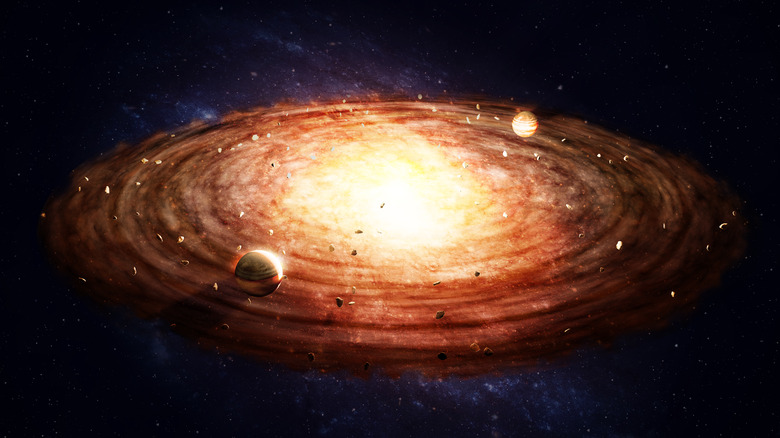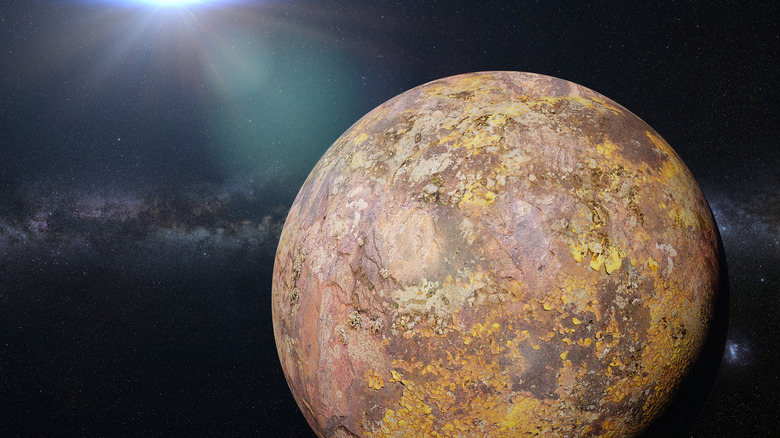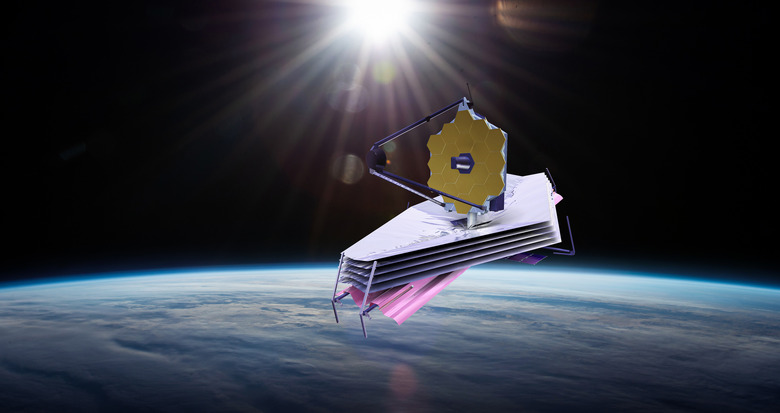New Exoplanet Discovery May Challenge Everything We Know About Planetary Formation
Astronomers may have discovered the youngest exoplanet ever detected. They detected the world in question around the adolescent star AS 209 using the Atacama Large Millimeter/submillimeter Array in Chile. Of course, detecting a signal from the planet doesn't prove its existence. As such, James Webb will now target that area and look for more evidence the planet exists.
Challenging what we know
Researchers discovering what may be the youngest exoplanet ever detected is big news. Not only because the star it surrounds is supposedly only 1.6 million years old, but because of how close it is to the Earth. AS 209 is only 395 light-years from Earth in the constellation Ophiuchus.
Even more intriguing is if this proves to be an exoplanet, it will challenge everything we know about planetary formation.
This is massive because there's already so little we know about planetary formation. And, if it proves to be such a young exoplanet, it could give birth to missions to find similar planets. But how exactly do we go about proving the existence of an exoplanet from which we barely have a signal? Well, that's where the James Webb space telescope comes into play.
James Webb to target what could be the youngest exoplanet ever detected
James Webb is the most powerful space telescope that humankind has ever created. It has already delivered some amazing first images showcasing the evolution of our universe. Moreover, we've already proven that James Webb can detect water in a planet's atmosphere. As such, detecting and proving the existence of the youngest exoplanet ever detected without much trouble.
NASA and the ESA have yet to share when a mission to observe AS 209 and the surrounding area will occur. But, it could be sooner rather than later. We'll just have to wait and see. For now, it will be intriguing to see what else researchers can discover about the gas disc they believe houses this new exoplanet.
The researchers published a paper on their findings in The Astrophysical Journal Letters last month. As they note, the existence of what may possibly be the youngest exoplanet detected isn't guaranteed. But it is an interesting proposition and, hopefully, one that James Webb can prove sometime down the line.


